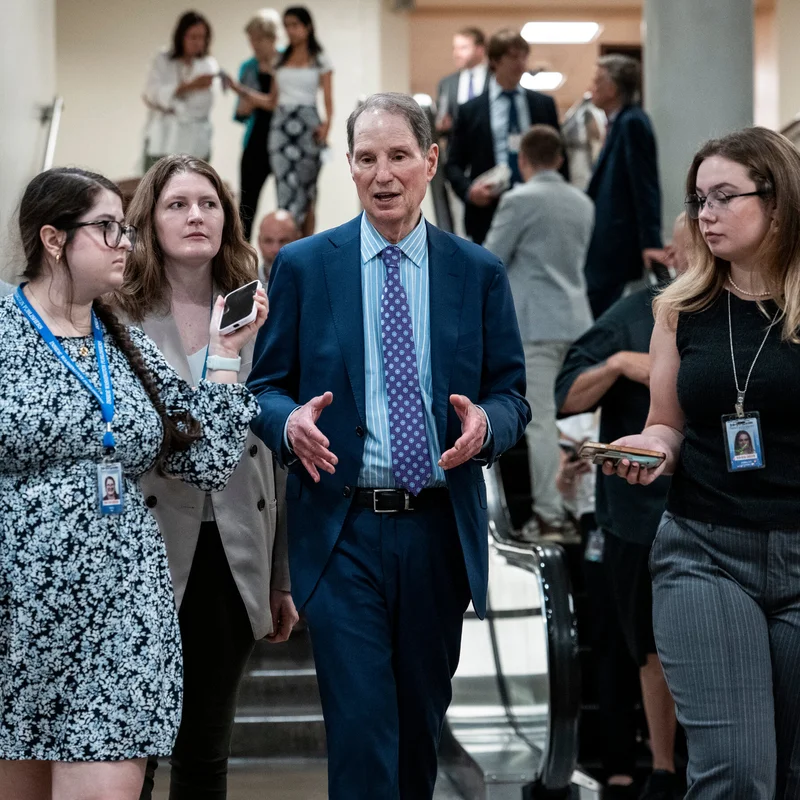Despite fears of a slowdown, America’s biggest banks are raking in record profits—and they’re giving much of the credit to a surprisingly resilient economy. JPMorgan Chase, Goldman Sachs, Wells Fargo, and Citigroup all reported stronger-than-expected third-quarter earnings this week, signaling robust consumer spending, steady loan demand, and continued confidence in financial markets.
Table of Contents
- Q3 Earnings Snapshot: Who Led the Pack?
- What Does ‘Resilient Economy’ Really Mean?
- Key Business Lines Fueling Growth
- Risks Lurking Beneath the Surface
- What This Means for Consumers and Investors
- Sources
Big Banks Q3 Earnings Snapshot
Here’s how the major players fared in the third quarter of 2025:
| Bank | Net Profit (YoY Change) | Revenue vs. Expectations | Key Growth Area |
|---|---|---|---|
| JPMorgan Chase | $14.2B (+11%) | Beat by 4% | Investment banking, credit cards |
| Goldman Sachs | $3.9B (+18%) | Beat by 6% | Trading, asset management |
| Wells Fargo | $5.1B (+9%) | Met expectations | Mortgage servicing, commercial loans |
| Citigroup | $4.3B (+7%) | Slight beat | International consumer banking |
Big Banks Credit a ‘Resilient’ Economy
Across earnings calls, executives repeatedly used the word “resilient” to describe the U.S. economy. Jamie Dimon, CEO of JPMorgan Chase, noted that consumers are still spending—especially on travel, dining, and services—while unemployment remains near historic lows.
“The American consumer is in solid shape,” Dimon said. “Balance sheets are healthy, wages are rising, and inflation is cooling. That’s a recipe for continued growth.”
David Solomon of Goldman Sachs echoed the sentiment, adding that corporate clients are increasingly confident about 2026, with M&A activity picking up after a sluggish 2024.
Key Business Lines Driving Bank Profits
While interest margins have slightly compressed due to rate cuts, banks are making up for it elsewhere:
- Investment Banking Rebound: IPOs and tech-driven acquisitions are reviving dealmaking.
- Credit Card Spending: Average transaction sizes are up 6% year-over-year.
- Wealth Management: Stock market highs have boosted assets under management.
- Commercial Lending: Small and mid-sized businesses are borrowing to expand operations.
Risks Lurking Beneath the Surface
Despite the upbeat tone, executives aren’t ignoring red flags:
- Commercial real estate loan defaults are rising, particularly in office portfolios.
- Geopolitical tensions (Middle East, Taiwan) could disrupt markets.
- Regulatory scrutiny is intensifying—especially around capital requirements and climate risk.
“We’re not declaring victory,” warned Charlie Scharf, CEO of Wells Fargo. “There’s still a lot of uncertainty in the macro environment.”
What This Means for Consumers and Investors
For everyday Americans, strong bank earnings could mean:
- More competitive savings rates as banks seek deposits.
- Easier access to personal and small business loans.
- Potential stock gains—bank shares rose 2–5% following earnings reports.
For investors, the message is clear: the financial sector remains a bellwether of economic health—and right now, it’s ringing optimistically.
Sources
The New York Times: Big Banks Grow Profits, Crediting a ‘Resilient’ Economy




